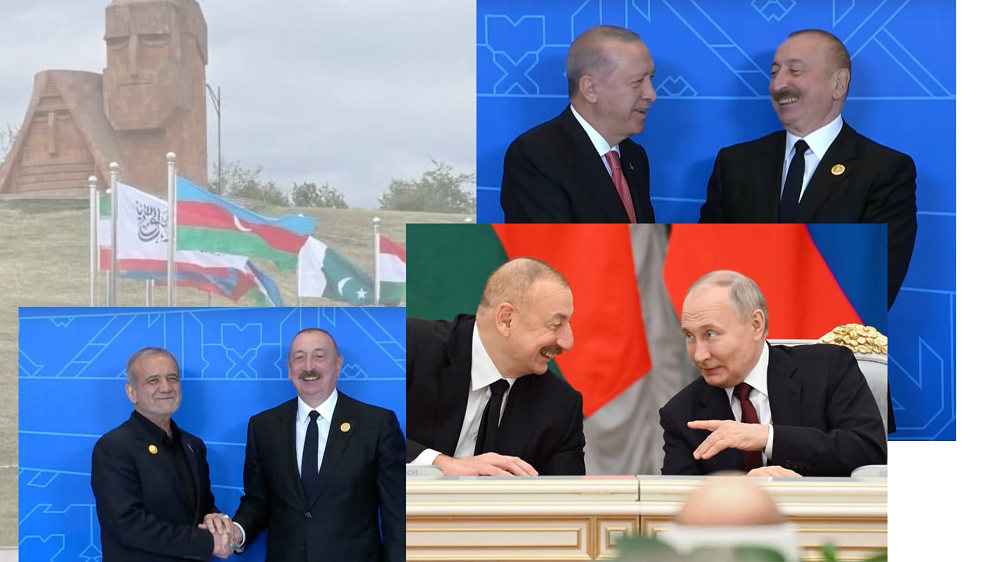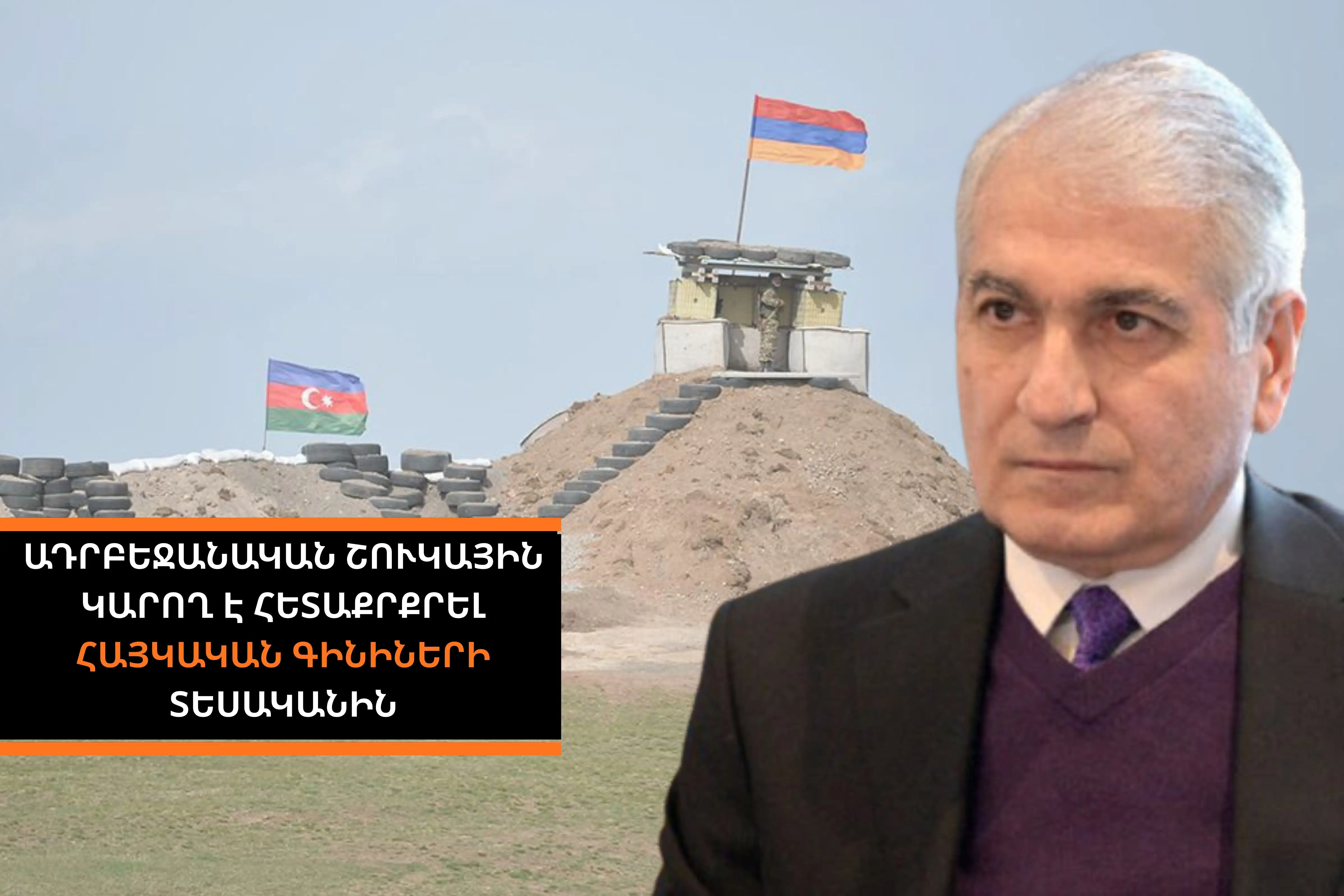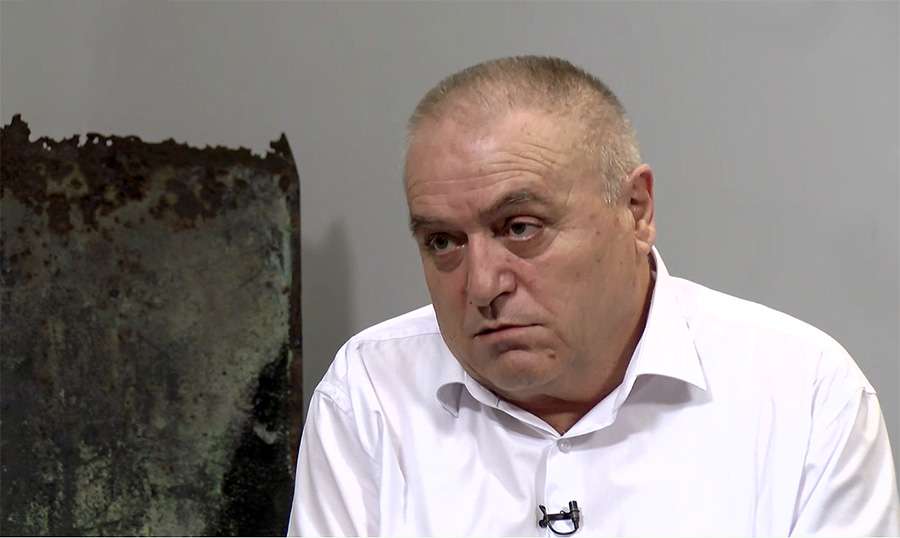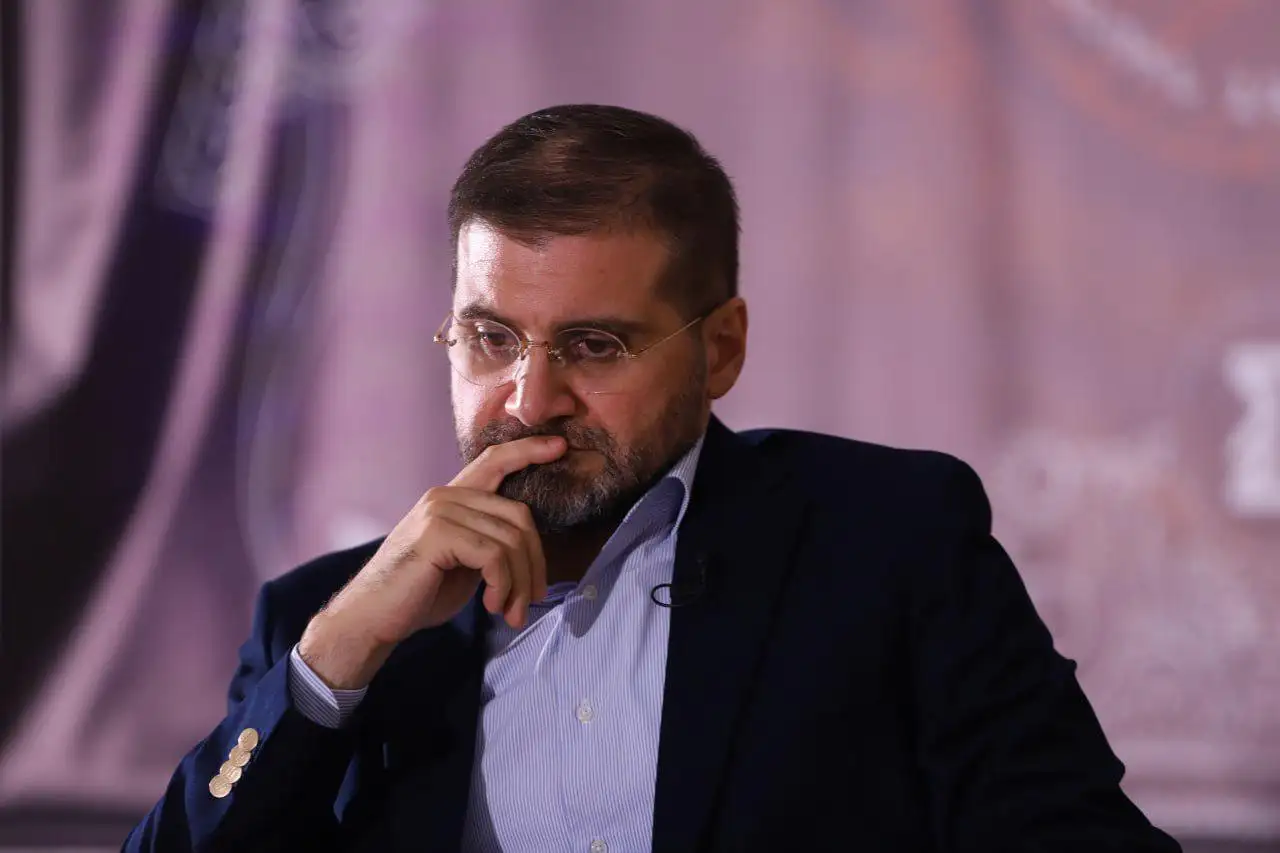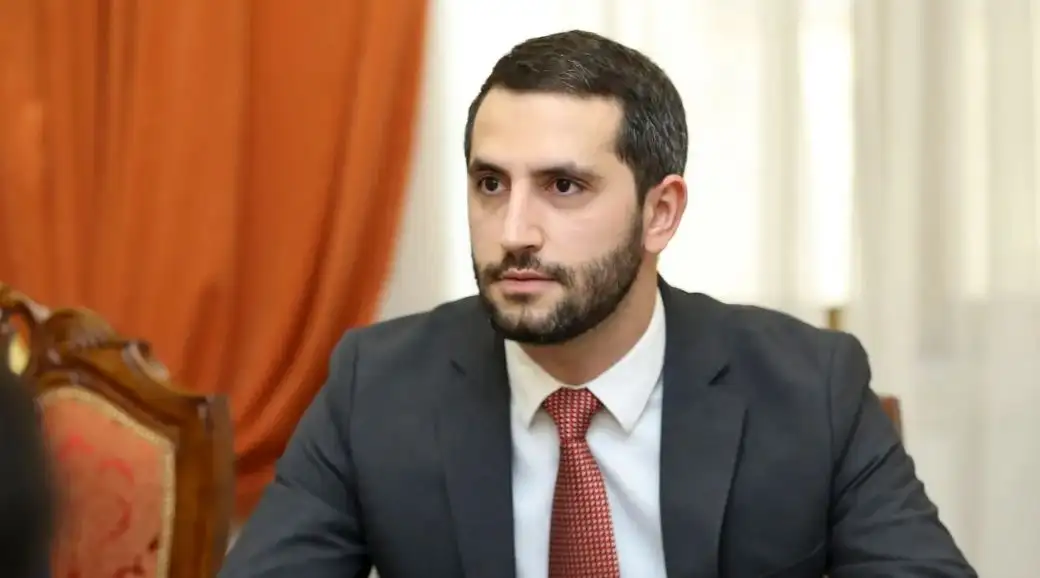Azerbaijani President Ilham Aliyev hosted the 17th summit of the Economic Cooperation Organization (ECO) in Baku, which his country was hosting this year. Turkey, represented by President Erdogan, and Pakistan, represented by Prime Minister Sharif, were represented at the highest level, turning the routes to occupied Artsakh into a "water road." The same leaders, who about a month ago jointly opened a new airport in Lachin, had another opportunity to emphasize their trinity. The summit became another manifestation of the ideological consolidation of this axis, somewhat isolating Iran from the organization's founders in the EEC leadership.
The Armenian target
The holding of the summit in Stepanakert is symbolic. Aliyev is not satisfied with "drinking the water" of the victory in the 2nd Karabakh War, turning Stepanakert into a new platform for his propaganda campaign against Armenia. Going beyond the economic agenda of the forum, he once again used the phrase "Western Azerbaijan". He put forward the thesis of realizing the right of forcibly displaced Azerbaijanis to return to Armenia. Aliyev thanked the members of the Organization of Islamic Cooperation, who had unanimously adopted a resolution at the summit held in Istanbul a few days ago, supporting this demand. Aliyev's goal in this way is to seek to legitimize their baseless claims internationally and, under this artificial noise, to "forget" the topic of his ethnic cleansing in Artsakh. However, the Armenian factor here, no matter how significant, was not the most important at the moment, also from the point of view of symbolism.
Due to circumstances, the OIC summit in Stepanakert is being held against the backdrop of two significant events that directly or indirectly affect the region: the Russian-Azerbaijani diplomatic and political escalation and the 12-day Israeli-Iranian war that took place in June.
Symbol of Russian defeat
Against the backdrop of the diplomatic, informational, and legal war between Azerbaijan and Russia that began after the harsh arrests of ethnic Azerbaijanis in Yekaterinburg, this summit also takes on a specific anti-Russian tone. Russia was not present at this summit, despite having participated as an observer in previous years. In addition to the fact that the existence of the TAC, with the hegemony of the Turkic-speaking countries, already suggests the creation of an economic and communication chain bypassing Russia along the entire Asian perimeter, the holding of the summit in Stepanakert also symbolizes the absence of a Russian contingent in Nagorno-Karabakh, which is the same as Russia's strategic defeat in the South Caucasus, and in the long term, also the Turkish-Azerbaijani goals of expelling Russia from this region altogether. If we add to this Baku's desire to increase its regional weight under Moscow's nose through such forums, the picture will become more complete.
Footnotes of Iranian Surrealism
By and large, Baku's Stepanakert performances are made possible not only by Russia but also by Iran. Iranian President Masoud Pezeshkian is participating in this summit. The very fact that Iran is represented at the presidential level seems surreal at first glance. Just a few days ago, almost immediately after the 12-day Iranian-Israeli military operation, the same Pezeshkian rushed to call Aliyev, urging him to investigate the information that Azerbaijani territory had been used for air strikes against Iran. At that time, Aliyev, of course, denied all this, noting that they had maintained neutrality. The Iranian president could not have hinted at the use of Azerbaijani airspace against them without having evidence to that effect. And against this background, the arrival in Stepanakert, especially at the presidential level, can be assessed as a tactical choice to overlook all this and not damage relations with Azerbaijan, despite all the grounds for demanding an account from Baku.
Moreover, in this case, the issue is not only relations with Baku, but also with Turkey and Pakistan, which have publicly supported Iran's actions throughout the hostilities. Tehran, of course, cannot ignore these factors.
It should also not be forgotten that Iran is a founding and initiating member of the CSTO. Especially in conditions where Baku, Ankara, and Islamabad are doing everything possible to utilize such structures for their political agendas and expand their spheres of influence within them, Iran faces the challenge of not losing its positions and moderating these ambitions.
In addition, Pezeshkian's speech in Stepanakert shed some light on why they decided to participate in the forum with such a delegation. The Iranian president unequivocally demanded that the organization condemn Israel. This was a direct hint at Baku, since, apart from the latter, the other member states have expressed their pro-Iranian stance to one degree or another. Thus, Pezeshkian decided to make Stepanakert the most convenient place to diplomatically influence Azerbaijan and attempt to alter its political agenda in such a way that would cause maximum inconvenience to Aliyev.
The Yerevan agenda provoked by Aliyev
Of course, all this does not console Armenia, which is facing completely new regional realities. Aliyev was mobilizing the support of the Islamic world to turn it into a means of pressure on Armenia. The fact that Iran also became a part of the adoption of the resolution "return of Azerbaijanis to Armenia" adopted at the Istanbul summit is a significant impetus for serious work with at least non-Turkic-speaking Islamic countries.
In addition, Aliyev is attempting to transform Azerbaijan into a regional hub for trade, economy, and communication, thereby positioning himself as a leader in the South Caucasus. Strengthening these positions narrows Armenia's opportunities to advance its regional projects. It influences the perceptions of international centers, not by its relations with Yerevan, but by its relations with Baku.
In other words, further containment by Yerevan, against the backdrop of Baku's aggressive economic and political initiatives, may deprive Armenia of its communicative and economic subjectivity.
This is not about confrontation, but about promoting more inclusive and mutually beneficial projects of competition and regional cooperation.
Gor Abrahamyan




